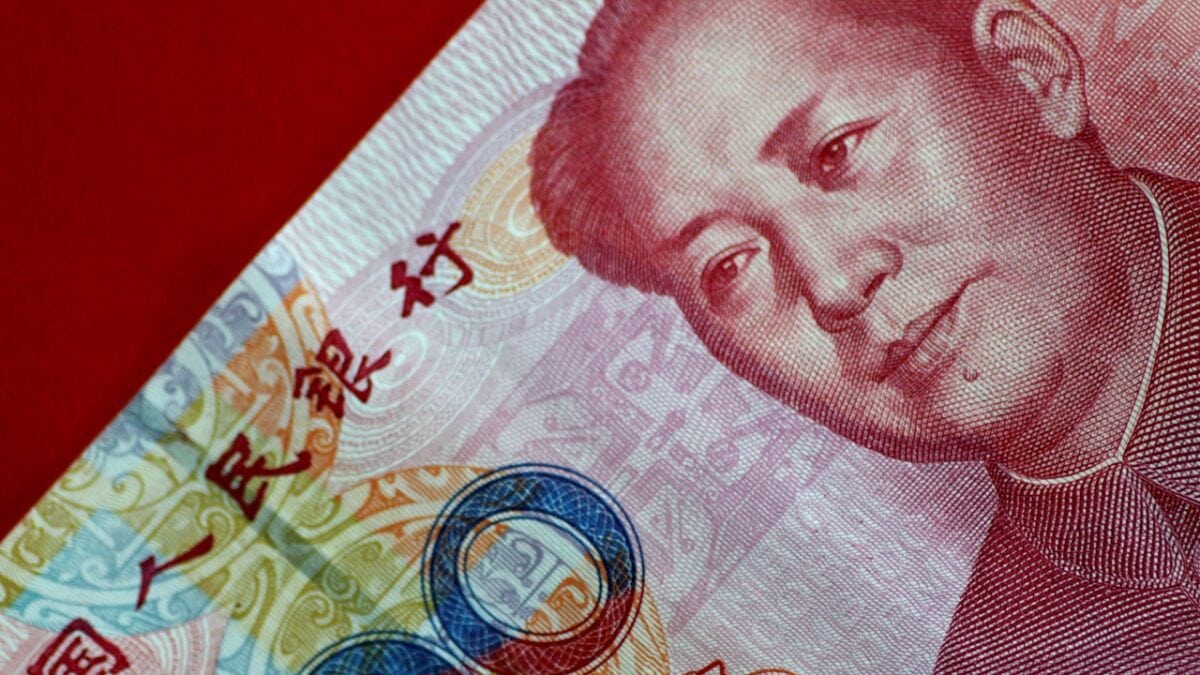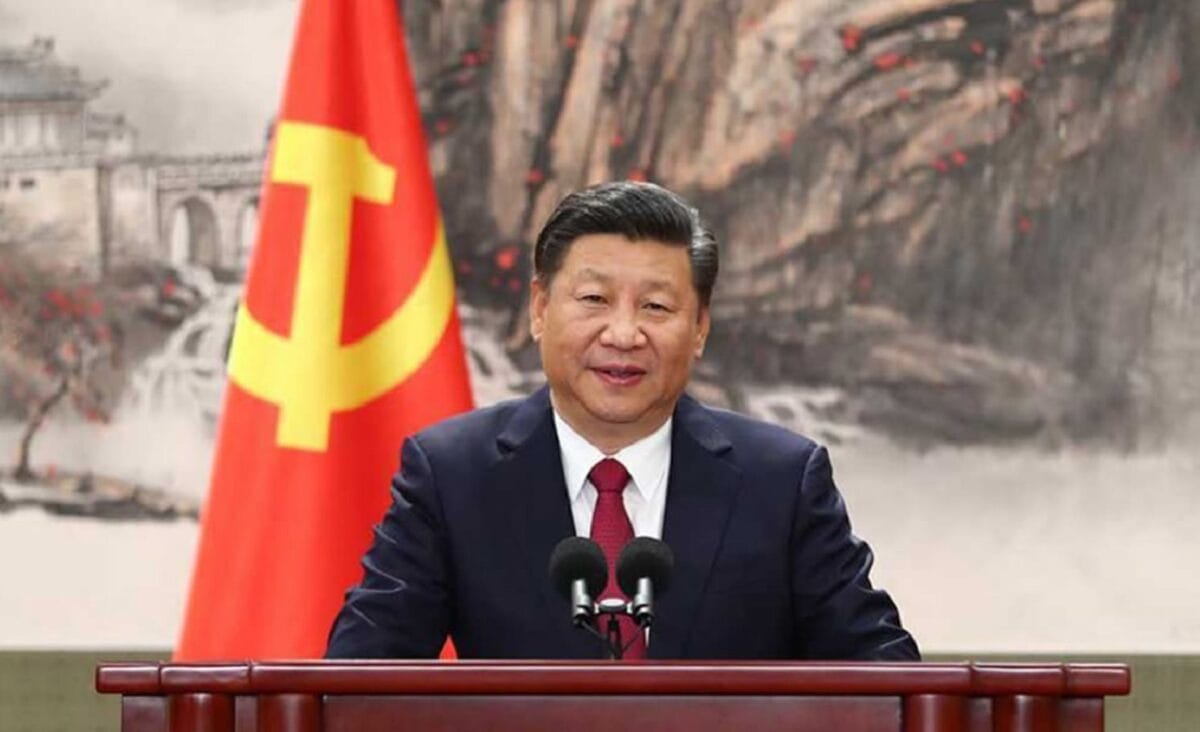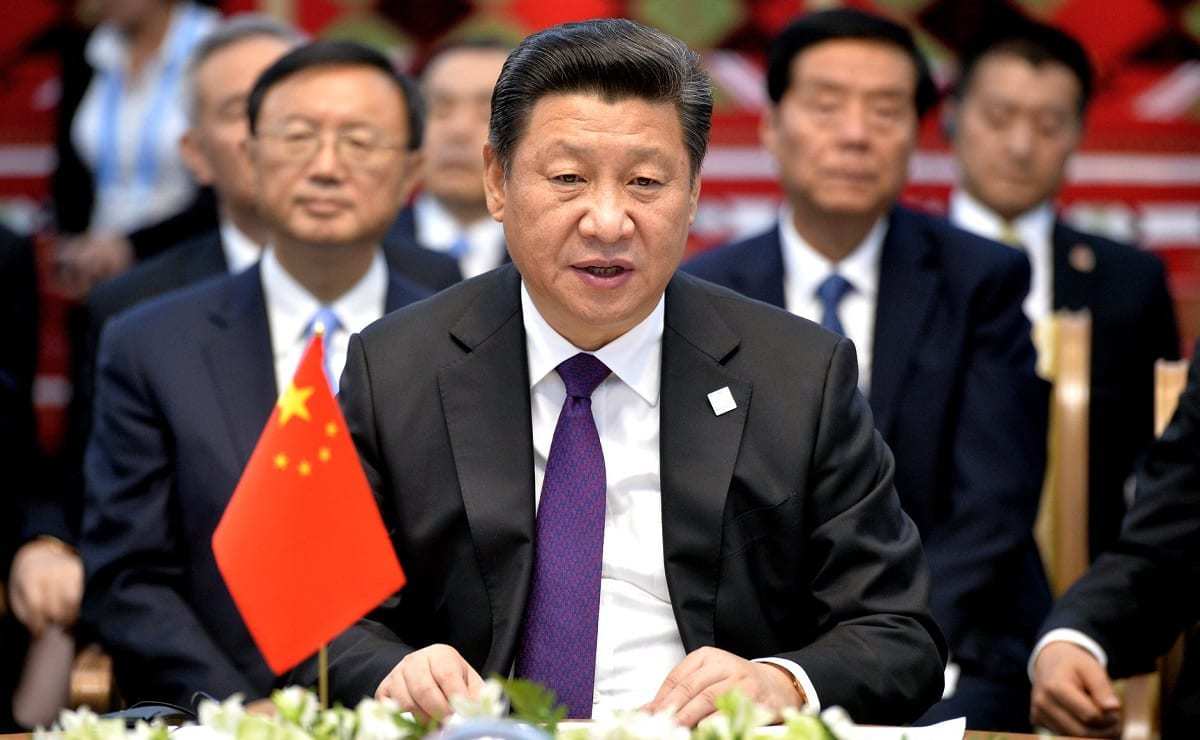Chinese real estate developers are desperate to recover from the prolonged lockdowns driven by China’s zero-COVID-19 policy. But the slowdown in home sales is also related to the collapse of household confidence in the country’s real estate market.
The mortgage boycott in China is a direct consequence of the bankruptcies of an increasing number of developers. In 2021, real estate giant Evergrande left behind 1.3 million incomplete housing units for which Chinese households had already used their savings to make large down payments.
Some Chinese households have stopped servicing their mortgages for homes that remain incomplete. According to public data, the average delay in home completions has reached 14 months. Luckily, only a fraction of these cases triggered mortgage payment boycotts.
The problem may spread to other developers, supply chains, banks and local governments as land sales plummeted by 35 per cent in August. Defaulted developers will suffer the most as their unfinished projects are behind almost all mortgage boycott cases, including Evergrande, SUNAC and Greenland. Homebuyers have lost confidence in the completion of new real estate projects and are refraining from buying new properties.

A China yuan note is seen in this illustration photo May 31, 2017. REUTERS/Thomas White/Illustration/File Photo
Housing prices are falling in more than half of China’s cities. New home sales are also plummeting, dropping 23 per cent year-on-year as of August. A drop in pre-sales is important because they account for 86 per cent of Chinese developers’ funding.
Chinese developers are excessively dependent on household financing by international standards. That is a direct consequence of the ‘three red lines’ enforced by Chinese regulators in 2020, prohibiting banks from extending additional lending to developers.
As housing units are left unsold, developers prefer not to invest in new projects. This has a chain effect on related sectors such as construction materials, household appliances and furniture. Fixed asset investment in the real estate sector accounts for one-third of China’s total fixed asset investment, directly affecting growth. The weaker demand for other related sectors also adds to the impact of the real estate demise on GDP growth.
The situation is bad news for financial stability, particularly for banks. Banks are less exposed to developers than mortgages, as banks are not allowed to be heavily exposed to developers. Mortgages account for 11 per cent of banks’ assets, well above their 4.5 per cent of direct exposure to real estate developers. That is why mortgage boycotts — especially if they are extended — are a bigger problem for the asset quality and solvency of banks.
Chinese regulators are preparing for the likely worsening of the asset quality of banks by creating bailout funds. But the financial resources deployed to these rescue funds come from the largest and most creditworthy banking institutions, which points to potential contagion from bad borrowers to good lenders. Policy banks are coming to the rescue with 200 billion RMB ($US28 billion) in loans to ensure that developers can finalise pending projects. The goal is to avoid more mortgage boycotts.
This goal might be achieved if enough resources are put on the table. The much harder goal to achieve is to restore household confidence. With endless mobility restrictions and regulatory changes, households would prefer to save on financial assets rather than invest in real estate that will not appreciate. A survey by the People’s Bank of China in the second quarter of 2022 showed that only 16.2 per cent of households expect an increase in house prices.

A coin and a banknote of China’s yuan are seen in this illustration picture taken February 24, 2022. REUTERS/Florence Lo/Illustration
Since there is little demand for housing, the People’s Bank of China’s efforts to lower mortgage rates might fail to achieve their goal. To increase demand, a growing number of local governments are easing macroprudential regulations, such as reducing down payments. Yet housing sales decreased even further in September.
Only a herculean effort by policymakers can restore the confidence of homebuyers. Such action could mean financing developers with a blanket guarantee — creating a huge moral hazard. Another option would be to have state-owned developers take over the assets of private developers, which equates to nationalising a sector that has remained largely in private hands. Any quick fix to China’s real estate woes may create an unintended moral hazard problem.
Barring a bailout scenario, there are four important implications for China and Asia. The most general is the increase in systemic risk with a downward effect on China’s low growth rate. Real estate investment will act as a major drag on the Chinese economy in 2022 and 2023, detracting at least 1 per cent of growth from an increasingly low potential growth rate of around 4–5 per cent.
The only way to soothe the impact of the necessary correction of this huge sector is to find other engines of growth with the help of innovation and the development of the service industry. The lifting of zero-COVID-19 policies is also essential to achieving this goal. The Chinese real estate sector will also be increasingly state-dominated, which does not bode well for the role of the private sector in China’s economic model.

Chinese President Xi Jinping. Image Credit: CCP.
The consequences for Asia are gloomy. The slowdown of the Chinese economy means its imports may further weaken, which is problematic for commodity exporters. With weaker domestic demand for property construction, China is importing less iron ore and other inputs for construction.
The demise of China’s real estate sector, pushed by developer defaults and mortgage boycotts, is a major risk for the Chinese economy. Over time, its collapse might prove an even bigger shock than Beijing’s current zero-COVID policies.
Alicia Garcia-Herrero is a Senior Research Fellow at the Brussels-based think tank Bruegel and Adjunct Professor at the Hong Kong University of Science and Technology. This first appeared in East Asia Forum.

